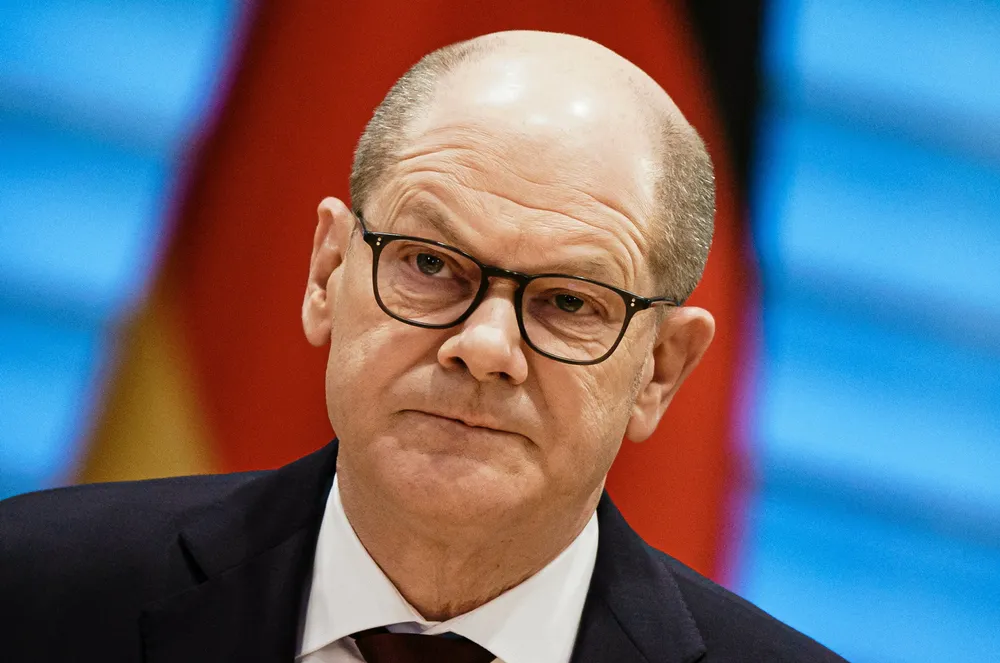Leaked document: Germany will need to import 50-70% of its hydrogen by 2030, and that share will only grow
Government is also planning to double green H2 production by 2030, according to draft of national hydrogen strategy update

Government is also planning to double green H2 production by 2030, according to draft of national hydrogen strategy update
